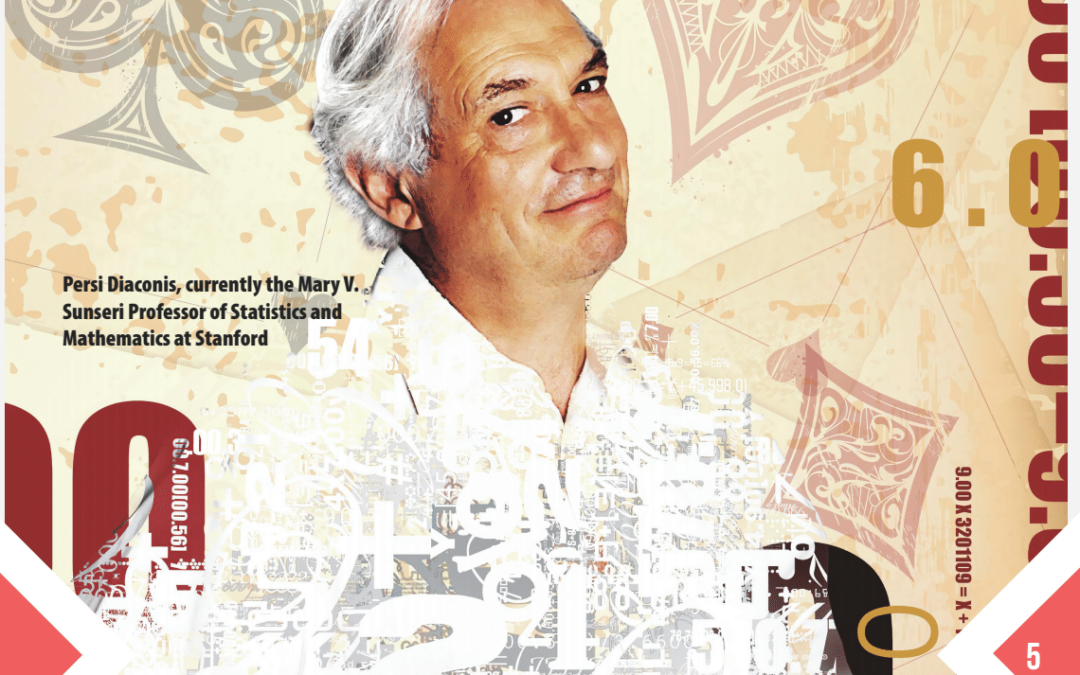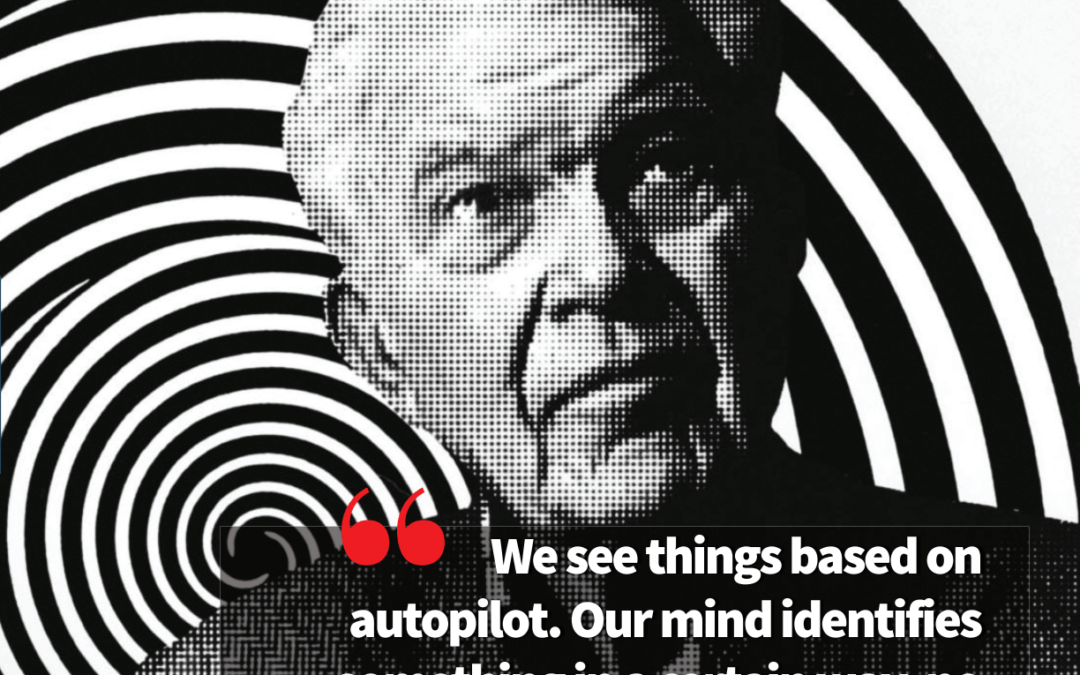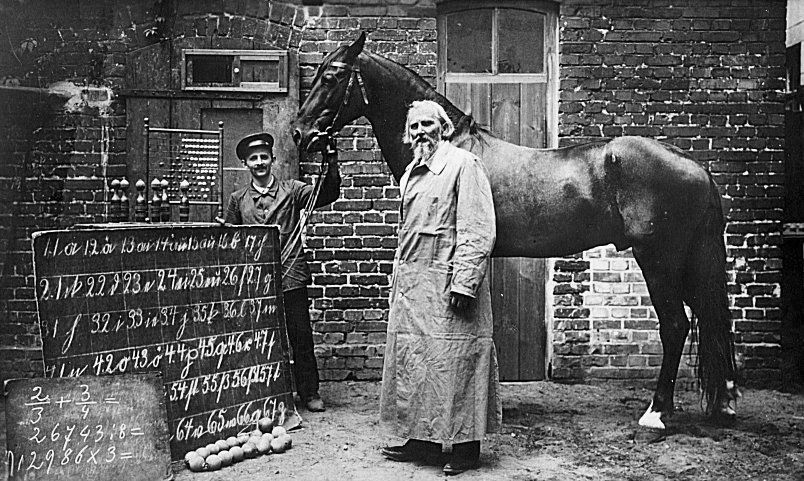Exploring How Magic Inspires Creativity in Technology and Science

How Magic Inspires Math, Medicine and Neuroscience at Stanford
Does studying magic make one a better or more creative scientist, technologist, researcher, or teacher? Best-selling creativity author and Wharton professor Adam Grant has an answer, and it'sa resounding yes! As covered in Forbes, Grant says that artistic hobbies...

Your Brain is Deceiving You: A Magician-Scientist’s Perspective on How to Do Better Science
Dr. Parag Mallick is a professor at Stanford who runs a lab that uses systems biology and big data to develop cancer diagnostics. He also serves as Chief Scientist at Nautilus Biotechnology, a publicly traded biotechnology company that he cofounded. By night, Parag...
Magic Mondays: The Benefits of Magic in University Mathematics Classes
I have been a university math professor for over twenty-five years, and I love it. I get to work with students from across the spectrum of mathematical comfort. I teach students who love math and take lots of advanced classes, and I teach students who have not had...
Window of Opportunity: How Magic Can Help Teach Today’s Device-Obsessed Kids Curiosity and Creativity
The skill set that best empowers future scientists must surely begin development at an early age. Are there ways to ensure these skills take root? There are times during every child's life when he or she has an amazing opportunity to learn skills and process...

Magic, Surprise and Machine Learning
Can a machine take us by surprise? This is the central argument of Alan Turing’s 1950’s seminal work, “Computing Machinery and Intelligence.” Can a human take another human by surprise? This is one of the central ‘arguments’ at the center of the performance of magic....
Magic: Art of The Impossible
Michael [watching Rita walk on water]: “Is that your trick, G.O.B.?”G.O.B.: “No, Michael, that's not my trick. It’s my ILLUSION!”— Arrested Development, Season 3, Episode 6 In his book on Indian street magic, Net of Magic, magician and religious studies professor Lee...
The BoardOnAir™ Lightboard
Carlo MaricondaDepartment of Mathematics “Tullio Levi-Civita”, University of Padua. Advisor Unipd for Digital Education, Apprentice Magician.Alberto TonoloDepartment of Statistical Sciences, University of Padua Abstract. The MOOCs, and online material design in...
The Science of Magic as a Sandbox for STEAM Education
I’m a psychologist. Not the kind of psychologist who helps people. I do experiments. Specifically, I am a cognitive psychologist: an experimental psychologist who studies the building blocks of thought with a goal of better understanding the relationships between...

How Magic Helps Scientists Avoid Blind Spots and Think Outside of the Box
Wilhelm von Osten was a mathematician and schoolteacher living in Germany in the early 1900’s. He was also an amateur horse trainer. At that time, people were becoming interested in how intelligent animals were. Von Osten experimented to see if he could teach...
Spooky Science: How Scientists Were Fooled by 19th Century Spiritualism
Consider this list of ten rightly celebrated men of science, all standouts of the mid- and late-nineteenth century; they include astronomers, physicists, chemists, geologists, biologists, physiologists, and mathematicians. All made breakthrough discoveries that...
Recent Comments